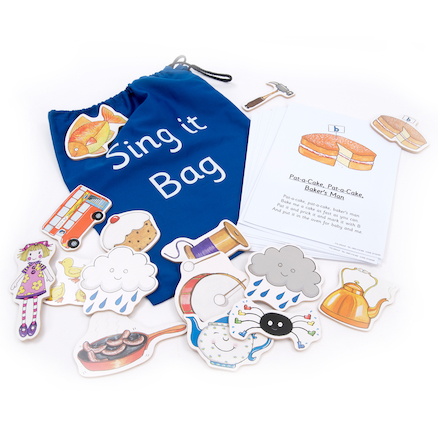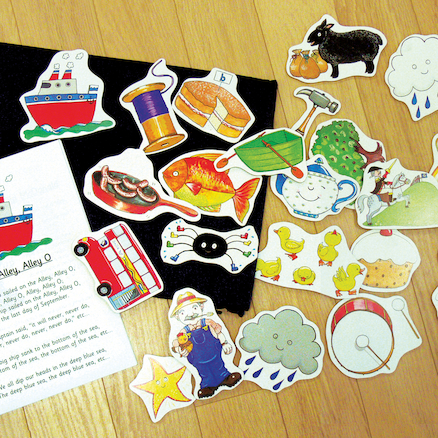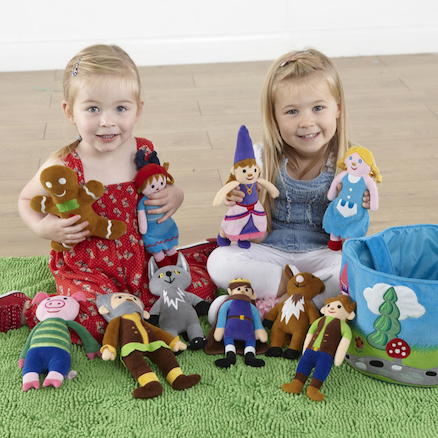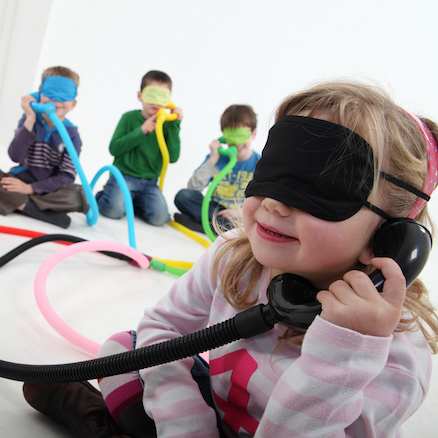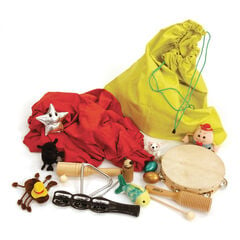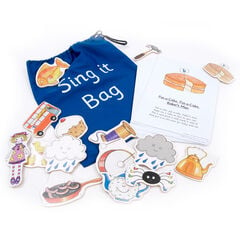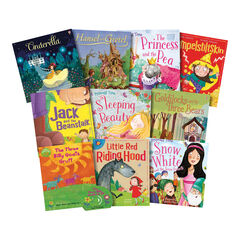The series covers the following areas:
- Listening and Attention: the most fundamental skills for learning to talk. Read Kate’s blog post on this here.
- Understanding: Once children have learnt to listen, they can start to make sense of the sounds they hear. Read Kate’s blog post here.
- Speaking: giving children reasons to talk. Speaking is often confused with other aspects of communication and language. Speaking is the way that someone communicates their ideas, requests and makes observations orally. It is described in the Early Years Foundation Stage profile as ELG 03. Read Kate’s blog post here.
- Social Development: Communication is all about interaction with other people – sharing information, making friendships, specifying the rules for play and sorting out disputes. Social development is the glue that holds good communication together. Role play (through dressing up and using a range of household items) is one way of developing interaction in an imaginary situation. It helps explore emotions that are not being experienced at the present time and helps prepare children for situations that haven’t happened to them yet. Role play is also a way of building the empathy needed for positive communications.
Rhythm and Rhyme
Rhythm and rhyme help babies, toddlers and young children to focus on the sounds of language. It can also provide a focus for opportunities to interact on a one-to-one or small group basis. The repetitive nature of songs and rhymes mean that children learn to predict what’s coming next and when they are ready, they can join in.
Use rhyming books to encourage children to become familiar with well-known stories and help them tune into rhyme. Or sing songs from the Sing it Bag and link them to new vocabulary through the pictures in the bag. The important aspect of learning about rhythm and rhyme is that children can hear how words sound, so use small group or one to one time to share these resources together.
Kate
Storytime / Traditional Stories
Children love hearing the same stories over and over again and research shows that sharing stories with children has positive benefits on their intellectual and communication development. Lots of traditional stories can be revisited through role play and small world activities and they provide great opportunities for vocabulary learning.
Have these books available for children to pick up and look at themselves, as well as sharing them in group or one to one times. Set up your space with linked resources, such as different sized bowls, plates, spoons and cups in the role play area and different sized furniture for different sized bears.
Kate
Familiar Sounds
Encouraging children to listen to sounds is one of the very first steps in learning to talk. This is important whether it is sounds in the environment, musical instruments or the human voice. Listening encourages children to make sense of what they hear and to link sound with meaning. Transforming hearing to listening is a ‘must’ for good communication skills.
Encourage babies, toddlers and young children to listen to sounds that they hear in their environment; introduce them to the sounds that different animals or instruments make; or with slightly older children, make your own recordings of sounds and voices and have fun listening back to them together.
Kate
Meet our specialist Kate Freeman: Kate Freeman has helped us to develop this guide. She is a lead I CAN Communication Advisor, specialising in early year’s speech and language development (from birth to five). Kate is a qualified Speech and Language Therapist with over twenty years’ experience in the field of paediatrics. She carries out training courses for teachers, SENCOs, speech and language therapists and a wealth of other professionals and parents as part of I CAN’s programmes.



